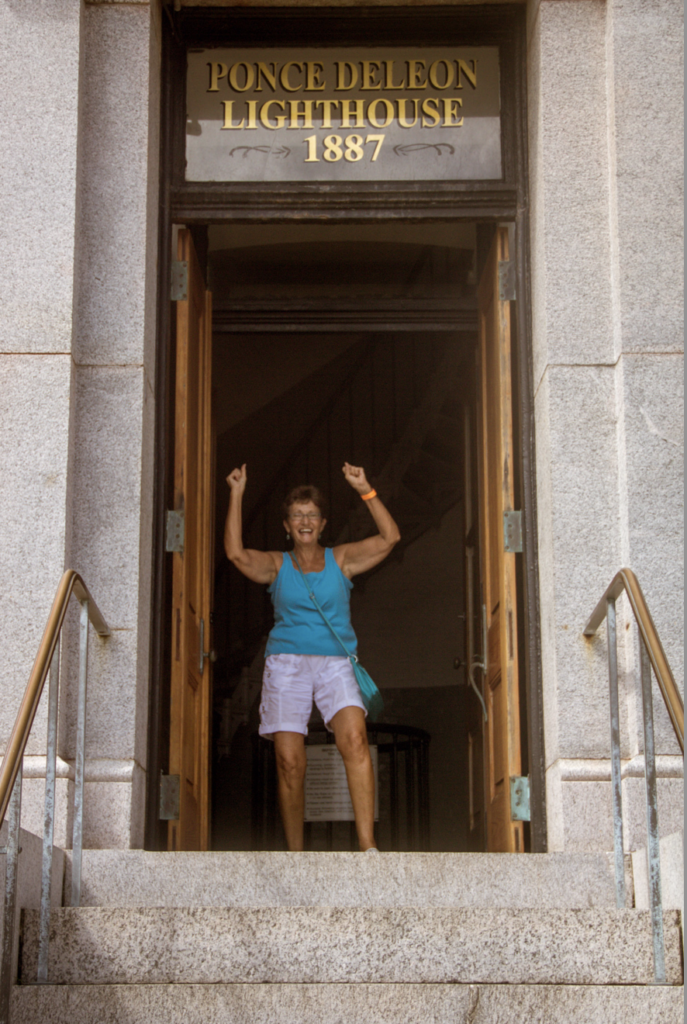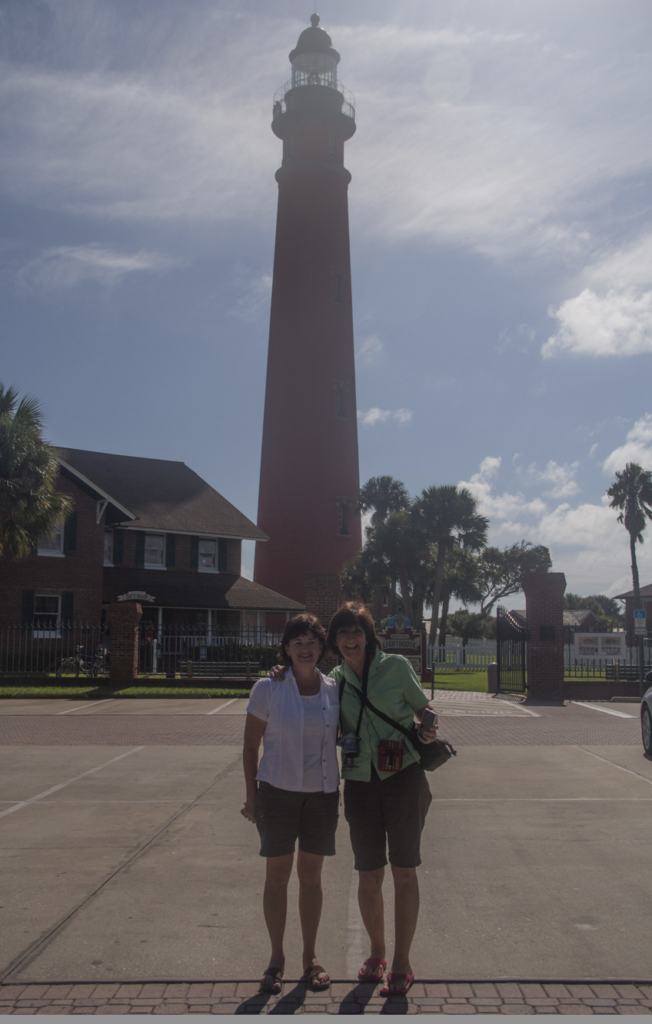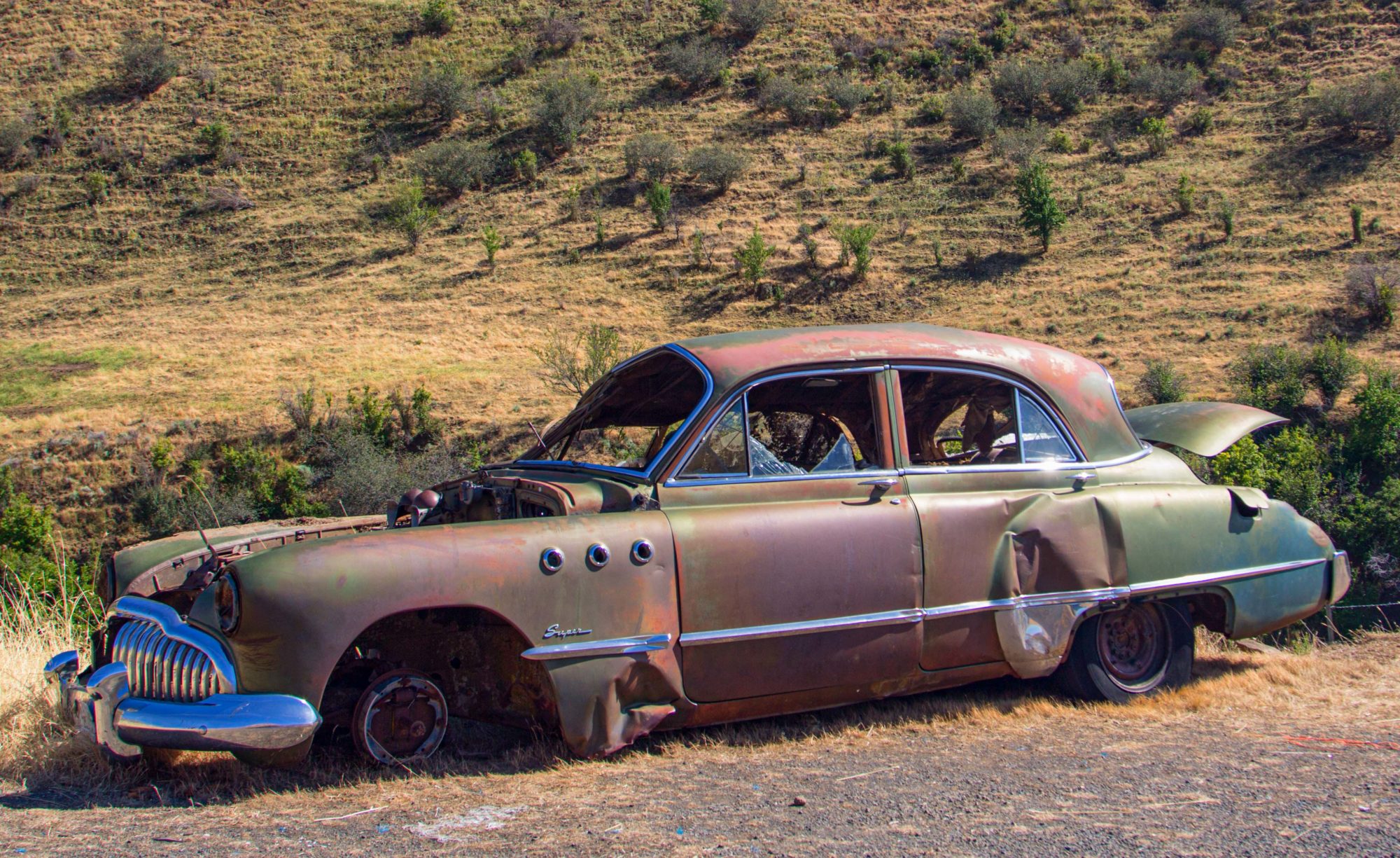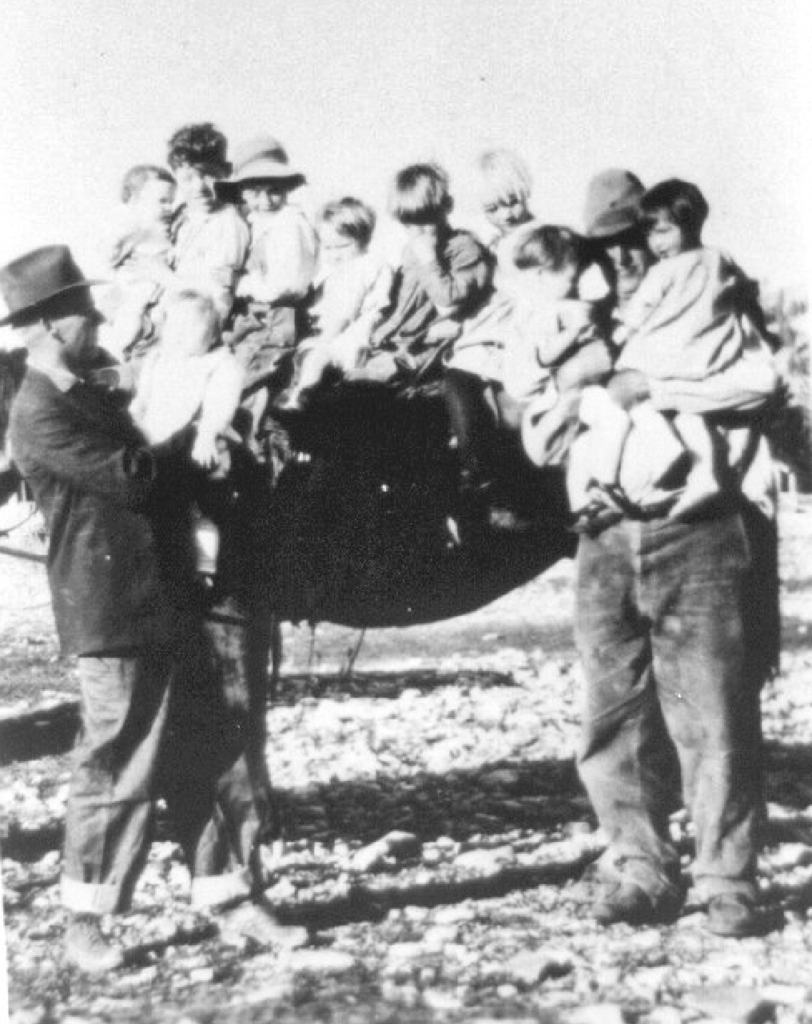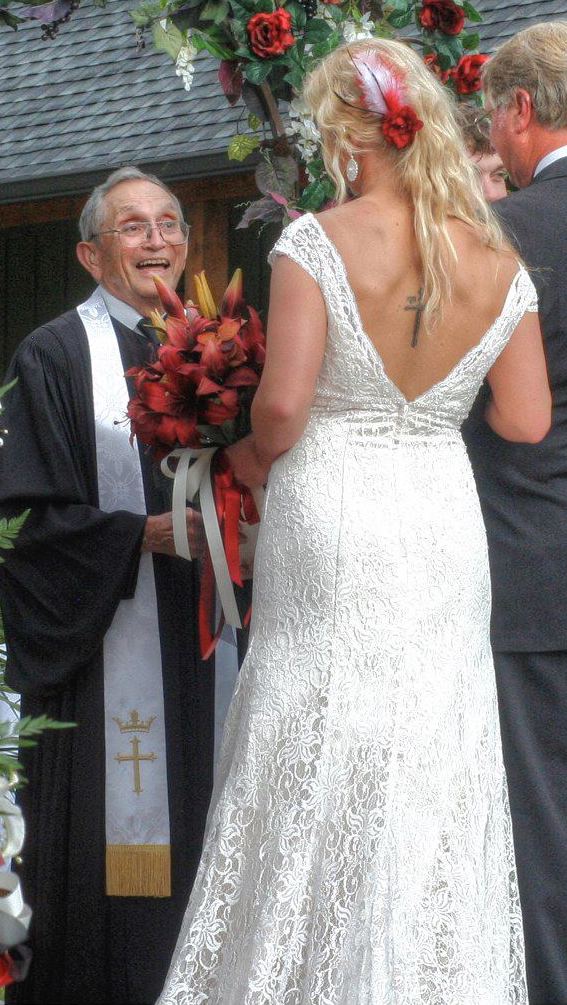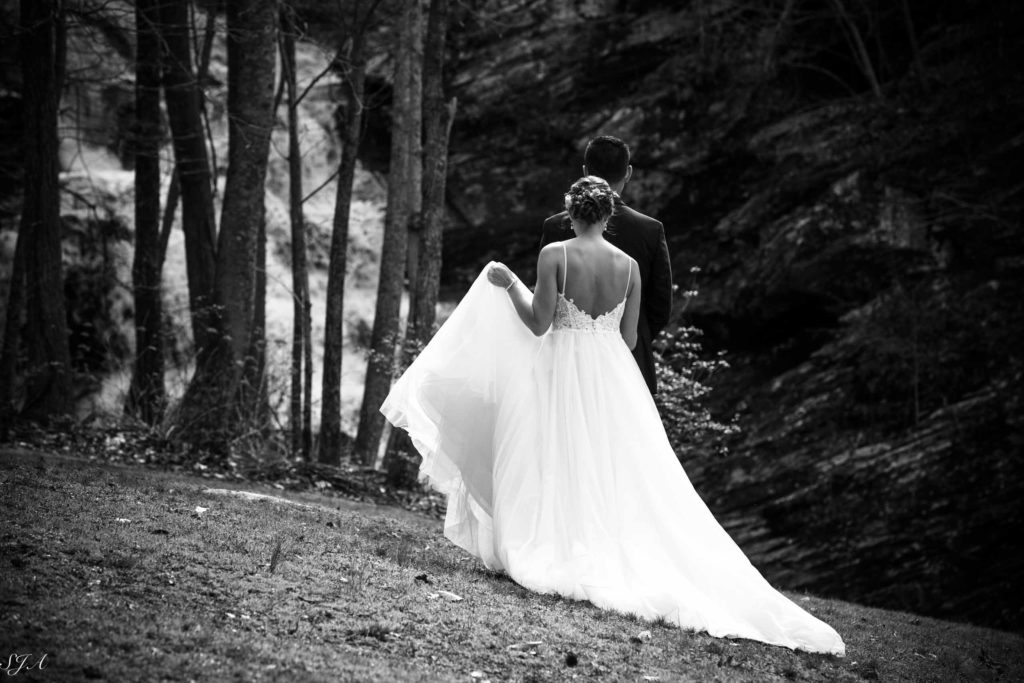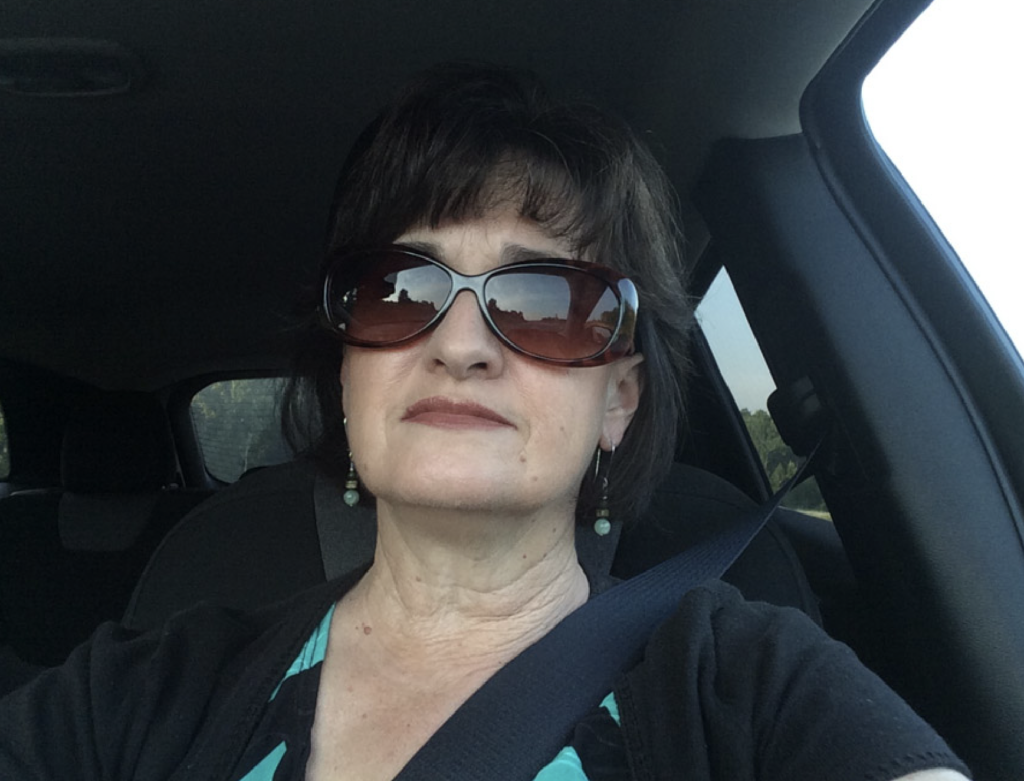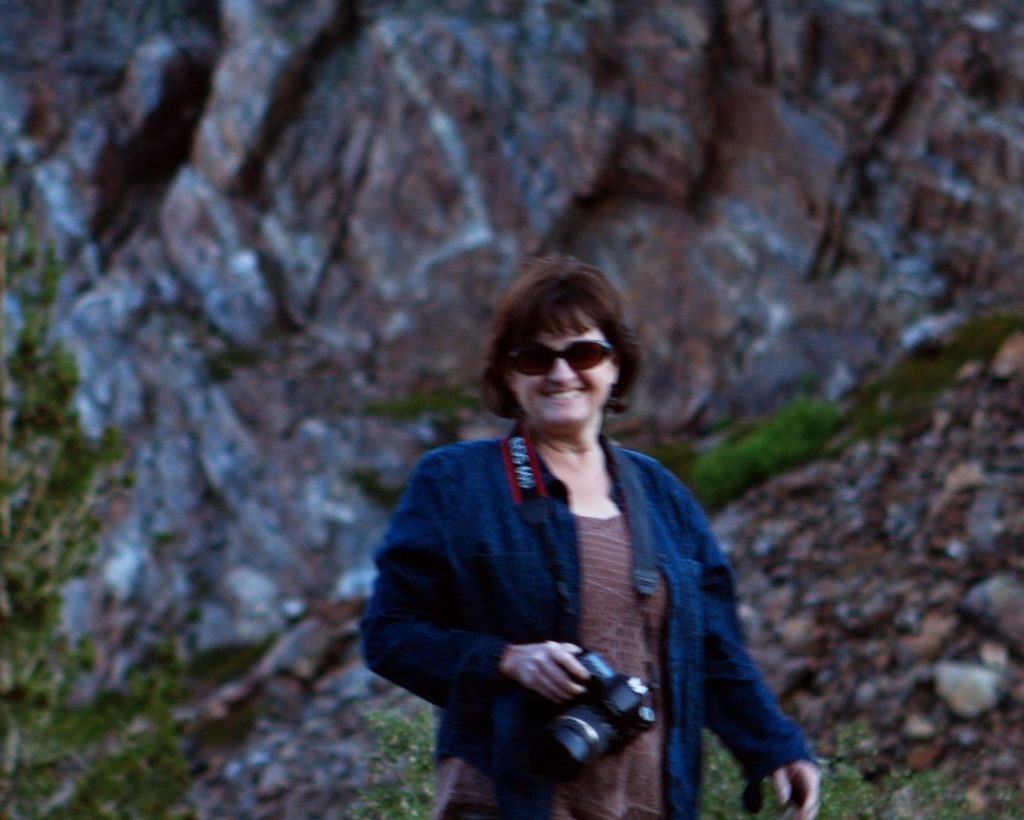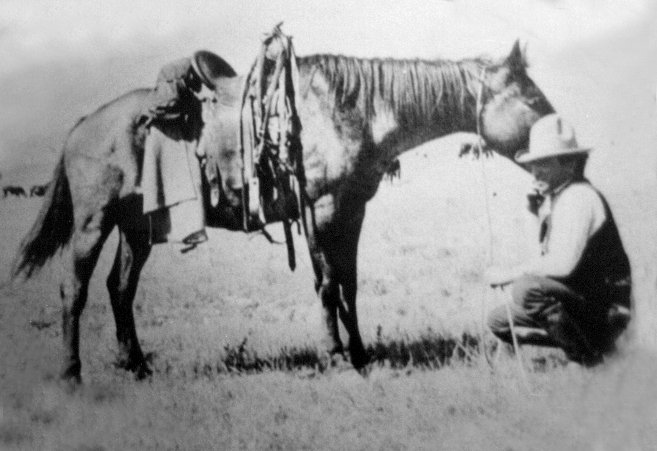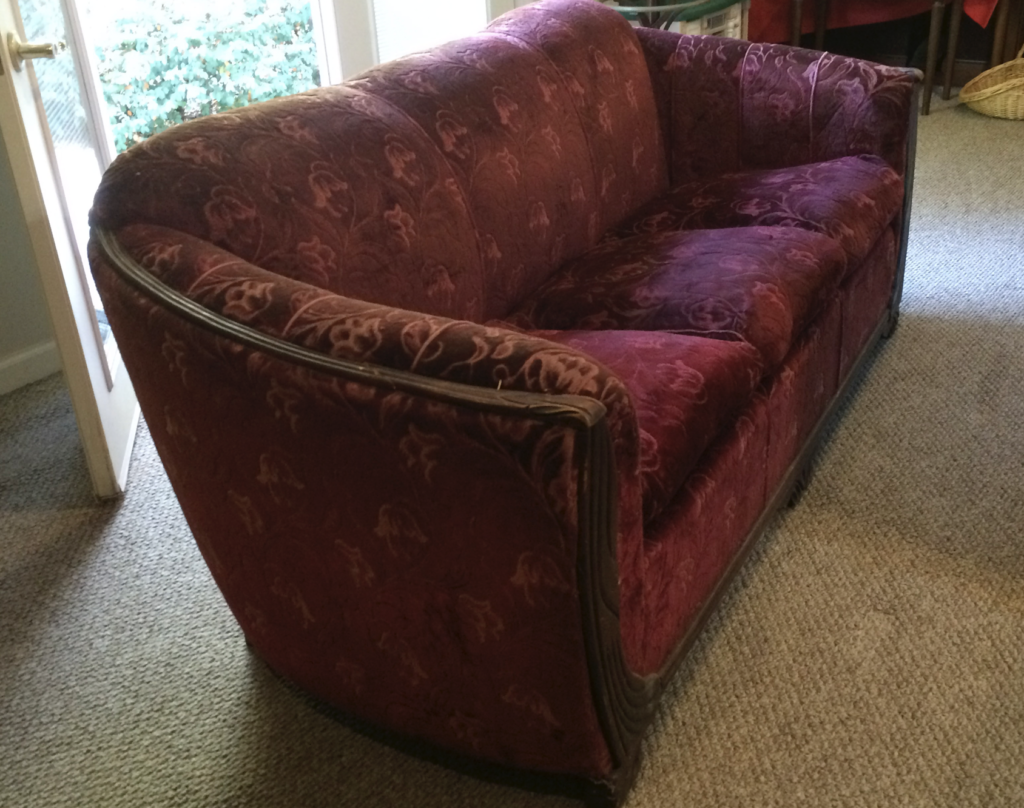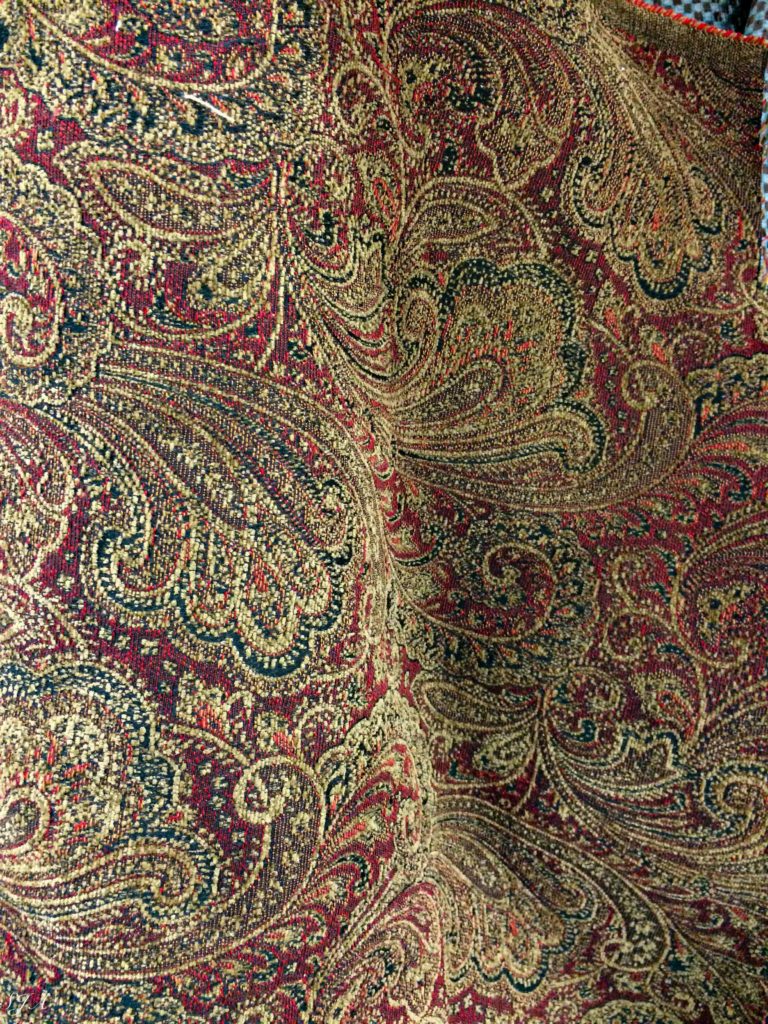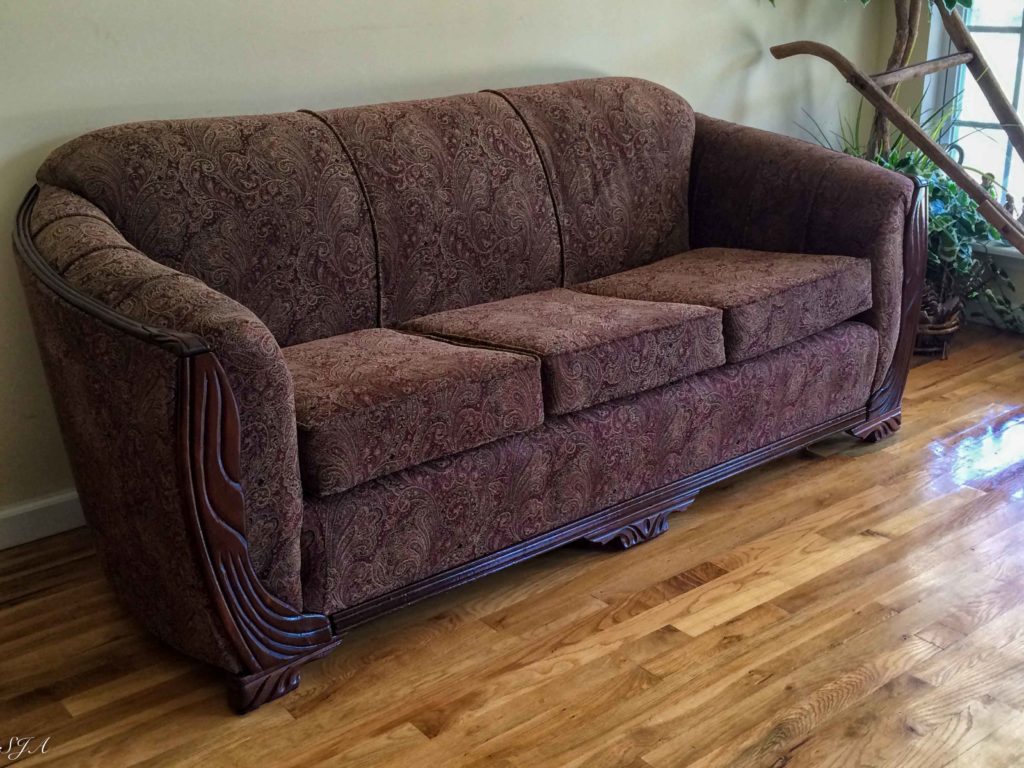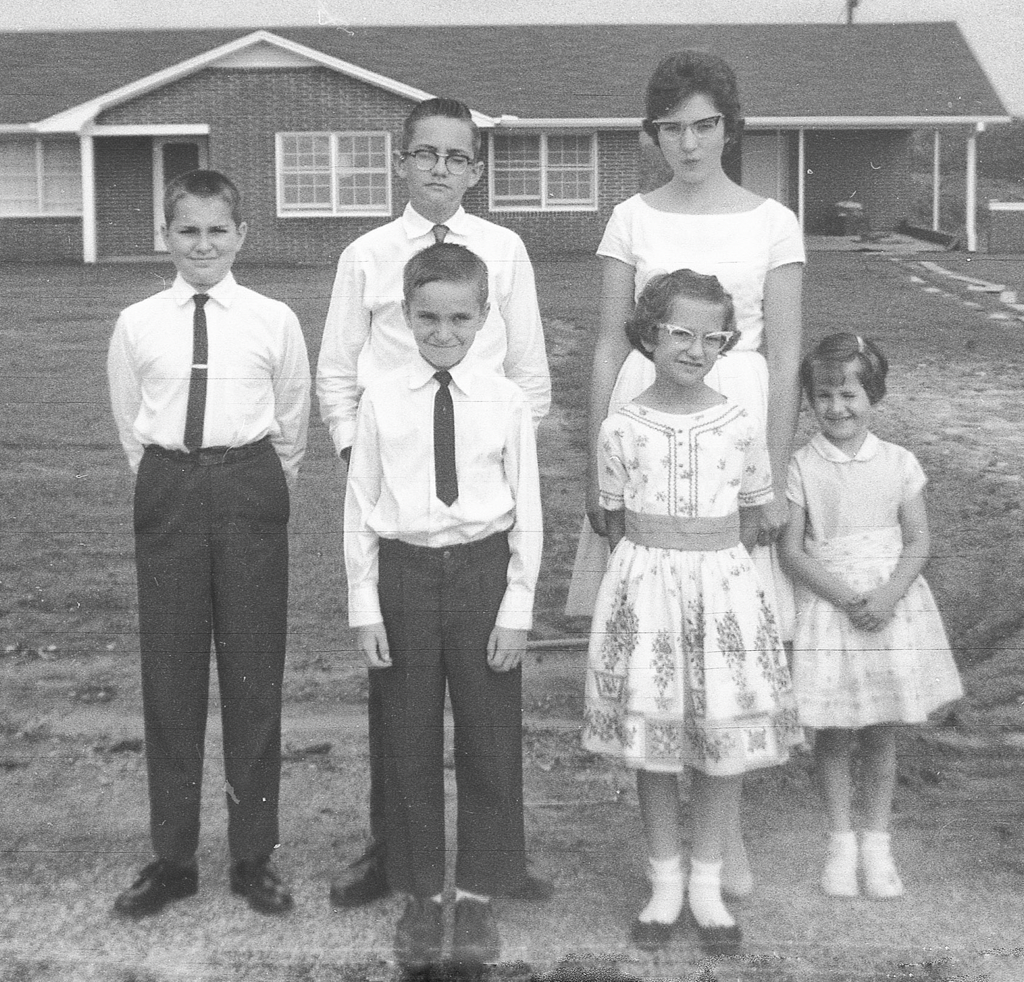A Picture of Grace
This story has been on my heart for quite some time demanding to be told. It has been slowly emerging and I could no longer ignore putting it on paper. The heroine is a dear, dear friend who came to the aid of others no matter what they faced. I am sure she endured ridicule and judgment from onlookers as well. This story took place thirty years ago and no feelings, judgments, beliefs, or words said can change the outcome. What is done is done. I hope as you read of these actual events, you take the opportunity to draw back the curtains and take a glimpse into the lives of the people involved. Ask yourself where you fit in this story. Which one are you?
I will admit when I first heard this story, I was not sure how I felt. My first question concerned a faithful follower of Christ taking someone to an abortion clinic for a procedure. As I pondered the onlookers, the crowd who spewed hatred with one breath but proclaimed love with another, the family who was nowhere to be found, and the one who sat by the woman’s side offering unconditional love, that first question dissipated. Which of these proclaimed the love of Christ? I discovered it was the one who offered unconditional love, the one who offered GRACE.
The thirty-four-year-old woman was accompanied by an older lady as they made their way up the walkway lined with a mob of protesters wearing hate-filled faces proclaiming to speak for God, casting words of stone, waving pamphlets or posters, and yelling, “baby killer.” The woman tried to cover her head from the barrage of hatred that spewed a venomous path in front of her. “I cannot take this. I cannot fight my way through the protesting, screaming crowd,” she cried. A couple of clinic workers led them to the door while volunteers lined the path to provide a shield from the crowd that tried to consume them. Stepping through the doorway was a reprieve from the jeering crowd outside. The older lady took in the scene before her. Girls and women from ages 12 to 30 lined the walls. They all received counseling and given their options. Most had someone by their side. There were sad, empty faces without smiles. She watched the demonstrators through the window. Her thoughts were, “They know nothing about the sorrow of this place. If they were inside, as I am, surely they would show a little compassion for these very upset people who have had to make a decision no one should have to make.” Would they show compassion? Was there anyone who would write in the sand and make the challenge, “Let any one of you who is without sin be the first to throw a stone at her.”
The dejected, depressed woman, then a patient, who walked into the abortion clinic had no support from family, friends, or community. It was not the ideal life of which she dreamed; it was a nightmare. Her father had committed suicide. She had even attempted to take her own life. She sought for acceptance and love, and thought she found it in one brief moment. The woman, divorced, a mental wreck, with a son serving in the military on the other side of the world, was not capable of caring for a child – not physically, financially, emotionally, mentally, or medically. She had no transportation and had to walk three miles to work for meager pay. Her medical doctor and psychiatrist were both in agreement that she would not even be able to handle the pregnancy, much less care for a child if it managed to survive.
Where was the father? He abandoned her. Where was her family? They shunned her and turned their back on her when she needed them most. Where were the people who said, “You can put the baby up for adoption?” They were nowhere to be found. Where were those who claimed the love of God? They stood at the door and shouted damnation. Did they offer her assistance? Where could she turn?
Then, a hero came her way, a seventy-year-old lady who reached out to her. When the woman looked in the elder lady’s eyes, she saw no condemnation. She saw something she did not see in the eyes of others – love. No, the lady did not know exactly how the disheartened woman felt for she had never ended the life of an unborn child. In fact, the lady who extended a hand of compassion was not even quite sure how she ended up within the walls of an abortion clinic. In one of her books, she recalled the decision of reaching out to the woman with an unwanted pregnancy, “I felt she was near the breaking point. She needed a friend, someone who would not criticize, condemn, or judge, someone to lean on. I tried to be that person.”
This godly lady was an advocate for children’s rights, and a teacher and tutor of underprivileged children – those who had been written off by society – those who were deemed unteachable. No, she did not know how the forsaken woman felt but she had witnessed firsthand the abuse of others within her own community many years before. Even when called to silence, she dared speak for those who could not speak for themselves.
She was a devout woman of God. She was educated, a professor, teacher, tutor, mother, artist, Sunday School teacher, author, with a degree in psychology and theology. She also had a huge heart of compassion. Her concern was not just in proclaiming the love of God with words, but by living the example of Christ when He ministered to prostitutes, liars, murderers, foreigners, and other reprobates.
Who ministered to the woman who was cast aside by those who should have loved her? Was it the father of the child? Was it her family? Was it those who proclaimed the love of Christ but never showed empathy? Or was it one lone compassionate lady? This champion did not advocate the taking of life. No, she proclaimed the rights of the life of the unborn child AND the life of the woman who carried a tiny person within her womb. She did not take the pregnant woman to abort a baby, but rather accompanied a frightened, lonely, depressed, confused woman to receive help as dictated by her doctors. To one friendless, scared woman, a hero came into her life and promised to love her regardless of the choice she made. This woman needed no condemnation from others for she badgered herself with her own. She had to live with her decision for the rest of her life. Maybe in later years, she wondered if the doctors were wrong. Maybe when she heard a baby’s cry, or a saw a toddler running in the grass, or a teen on the way to a first dance, or a bride walk down the aisle, just maybe, memories stirred and broke her heart all over again.
The older woman wrote in her account, “no woman should have to face angry people with cruel expressions and loud voices, shouting hatred under the pretense of love.” Wow! What a powerful statement. Was this woman who carried her child for a time not worthy of love? The gospel proclaims she was. Oh, for more people like this dear, spunky, bold, godly lady who dared to stand by a woman who desperately needed a whisper of hope instead of a hiss of judgment.
We have all made wrong choices in life and as long as we have breath, we will make more. Haven’t we all done things behind the curtains that we try to hide from peering eyes? Hopefully when the curtains are pulled back to reveal what has gone on behind the scenes in our lives, there will be a champion standing in the wings for us, a champion who offers unconditional love, no questions asked.
And I wonder, where do each of us fit in this story? Are we the helpless, hopeless woman who has been told she is not capable to carry and bear a child even if she was able to care for it? Her story might have been different had her family and friends offered support. Are we the kind lady who stood staunchly against hatred and offered compassion and grace to a hurting soul? Are we one of the hateful faces in the crowd who cast venomous words with one fork of the tongue while proclaiming God with the other? What IF the those around her offered a helping hand and a bit of compassion instead of condemnation? Would the outcome have been different? Would she have chosen life?
The first few stanzas of a poem by Mary T. Lathrap, 1895 says:
“Judge Softly”
“Pray, don’t find fault with the man that limps,
Or stumbles along the road.
Unless you have worn the moccasins he wears,
Or stumbled beneath the same load.
There may be tears in his soles that hurt
Though hidden away from view.
The burden he bears placed on your back
May cause you to stumble and fall, too.
Don’t sneer at the man who is down today
Unless you have felt the same blow
That caused his fall or felt the shame
That only the fallen know.
I don’t know what happened to the woman in the story. I don’t know her name, her race, if she had any religious affiliations or anything about her family other than what is mentioned in this writing. The champion in this story remained a lifelong friend of our family. I took my children and grandchildren to visit her on occasion, the last being just a few short months before she died at the age of ninety-nine. She was still championing the cause of others and encouraging them, including my grandchildren, to accept no barriers. And she asked them, “Which one are you?” She was not just asking their names or who they belonged to, but in essence asked who they dared to be.
She was a picture of grace.
